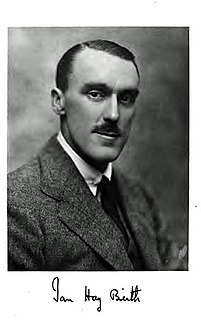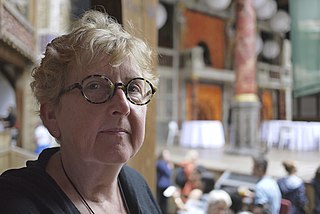A Quote by Jorie Graham
A poem is a private story, after all, no matter how apparently public. The reader is always overhearing a confession.
Quote Topics
Related Quotes
I wanted to pack a lot into the lyric, but not go beyond its bounds. Some have written that I wanted to expand what the lyric could do. I just want the hugeness of experience-which includes philosophical discursiveness-to move at a rate of speed that kept it (because all within one unity of experience) emotional. Also, often, questions became the way the poems propelled themselves forward It brings the reader in as a listener to a confession[.] A poem is a private story, after all, no matter how apparently public. The reader is always overhearing a confession.
The poem is not, as someone put it, deflective of entry. But the real question is, 'What happens to the reader once he or she gets inside the poem?' That's the real question for me, is getting the reader into the poem and then taking the reader somewhere, because I think of poetry as a kind of form of travel writing.
I want each poem to be ambiguous enough that its meaning can shift, depending on the reader's own frame of reference, and depending on the reader's mood. That's why negative capability matters; if the poet stops short of fully controlling each poem's meaning, the reader can make the poem his or her own.
You see, evil always contains the seeds of its own destruction. It is ultimately negative, and therefore encompasses its downfall even at its moments of apparent triumph. No matter how grandiose, how well-planned, how apparently foolproof of an evil plan, the inherent sinfulness will by definition rebound upon its instigators. No matter how apparently successful it may seem upon the way, at the end it will wreck itself. It will founder upon the rocks of iniquity and sink headfirst to vanish without trace into the seas of oblivion.
By clarity I don't mean that we're always in kind of a simple area where everything is clear and comforting and understood. Clarity is certainly a way toward disorientation because if you don't start out - if the reader isn't grounded, if the reader is disoriented in the beginning of the poem, then the reader can't be led astray or disoriented later.
I hope any poem I've ever written could stand on its own and not need to be a part of biography, critical theory or cultural studies. I don't want to give a poetry reading and have to provide the story behind the poem in order for it to make sense to an audience. I certainly don't want the poem to require a critical intermediary - a "spokescritic." I want my poems to be independently meaningful moments of power for a good reader. And that's the expectation I initially bring to other poets' writing.



































